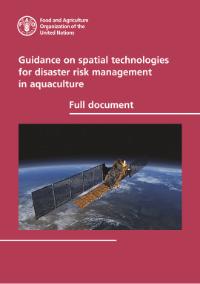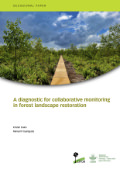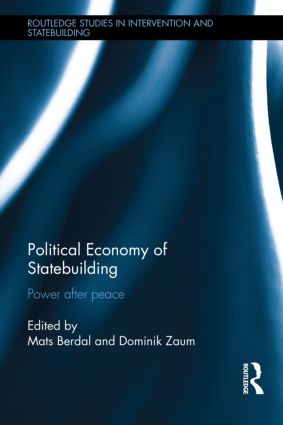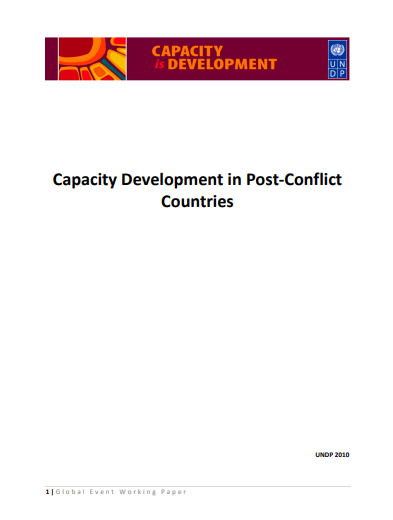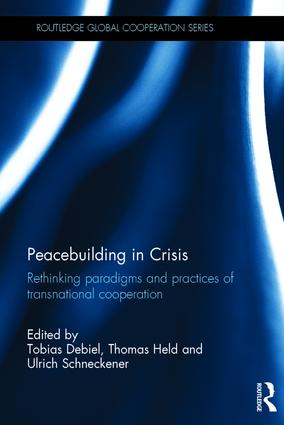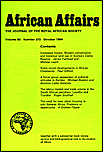Geospatial datasets and analyses for an environmental approach to African trypanosomiasis
Geospatial datasets and analysis techniques based on geographic information systems (GIS) have become indispensable tools in the planning, implementation and evaluation of a wide range of development programmes, including actions addressing sustainable agriculture and rural development. The growing volume of spatially explicit environmental information, combined with the widening utilization of GIS, allows ecological and socioeconomic factors to be integrated more fully into the decision-making process, thus laying the foundation for a holistic approach to development.


